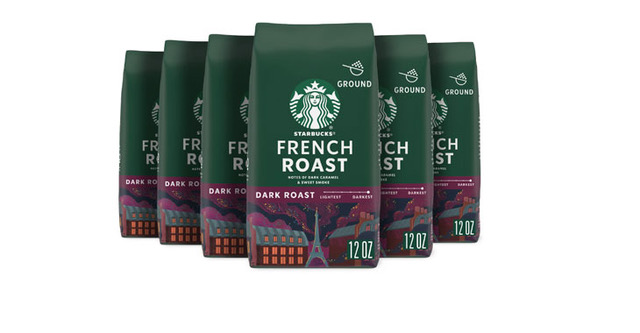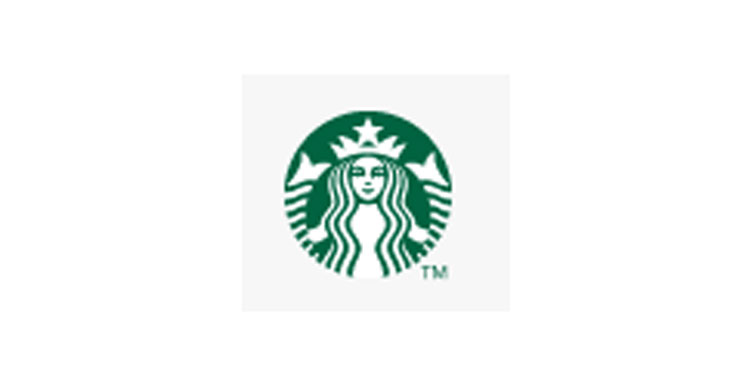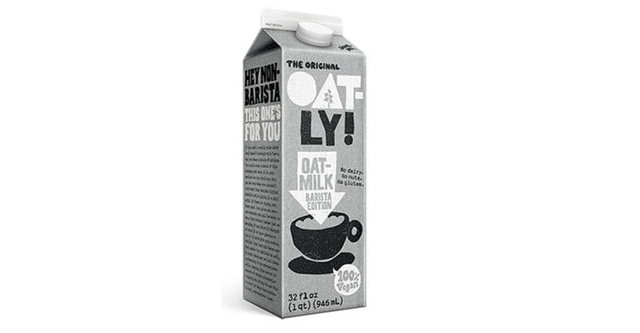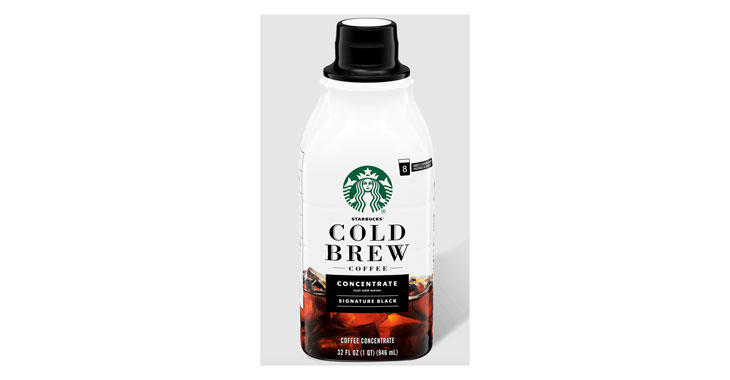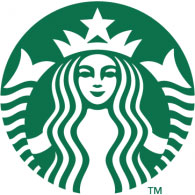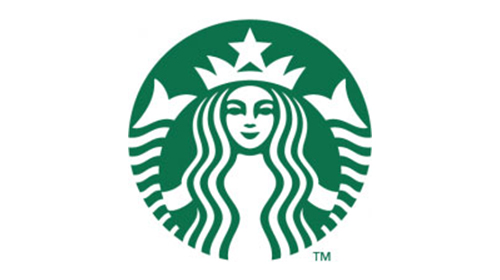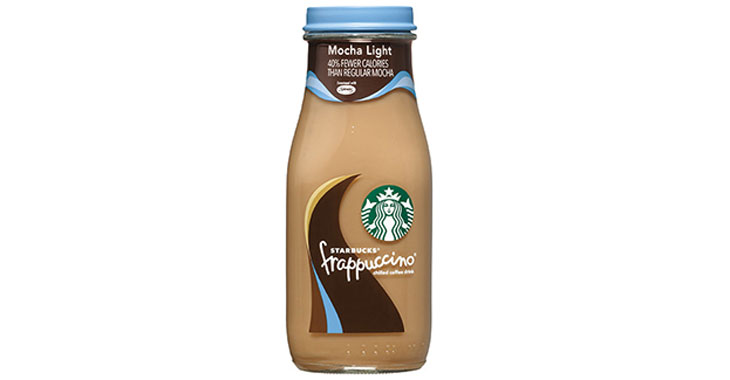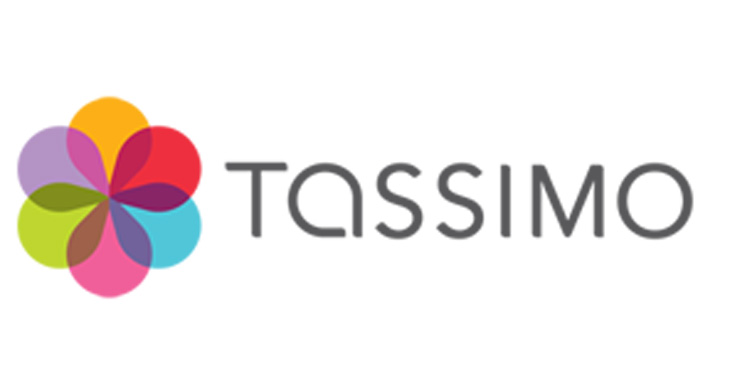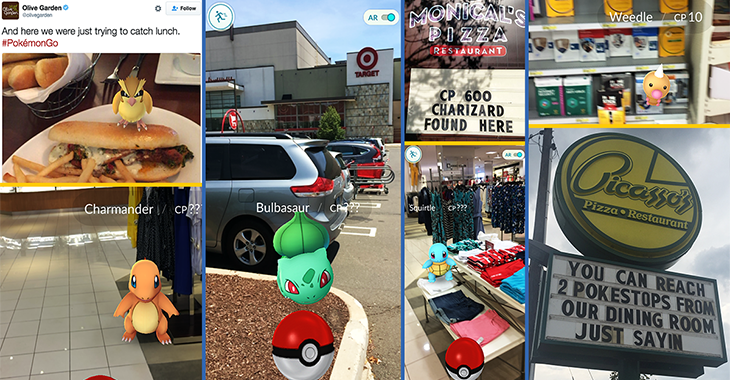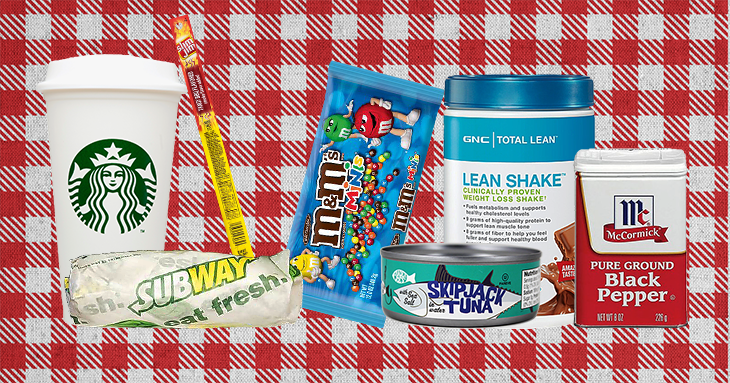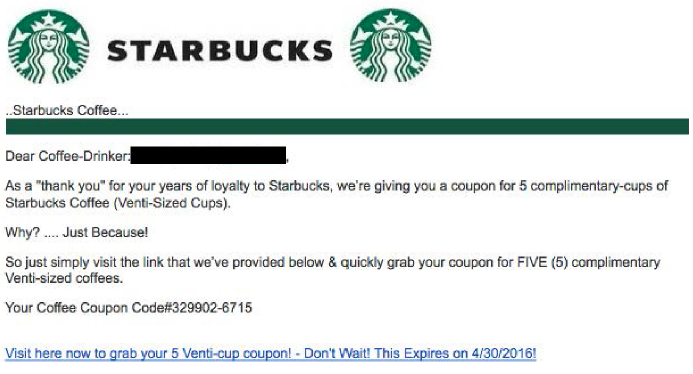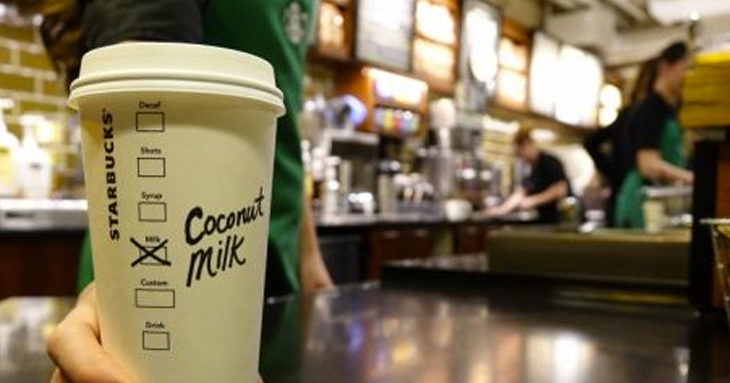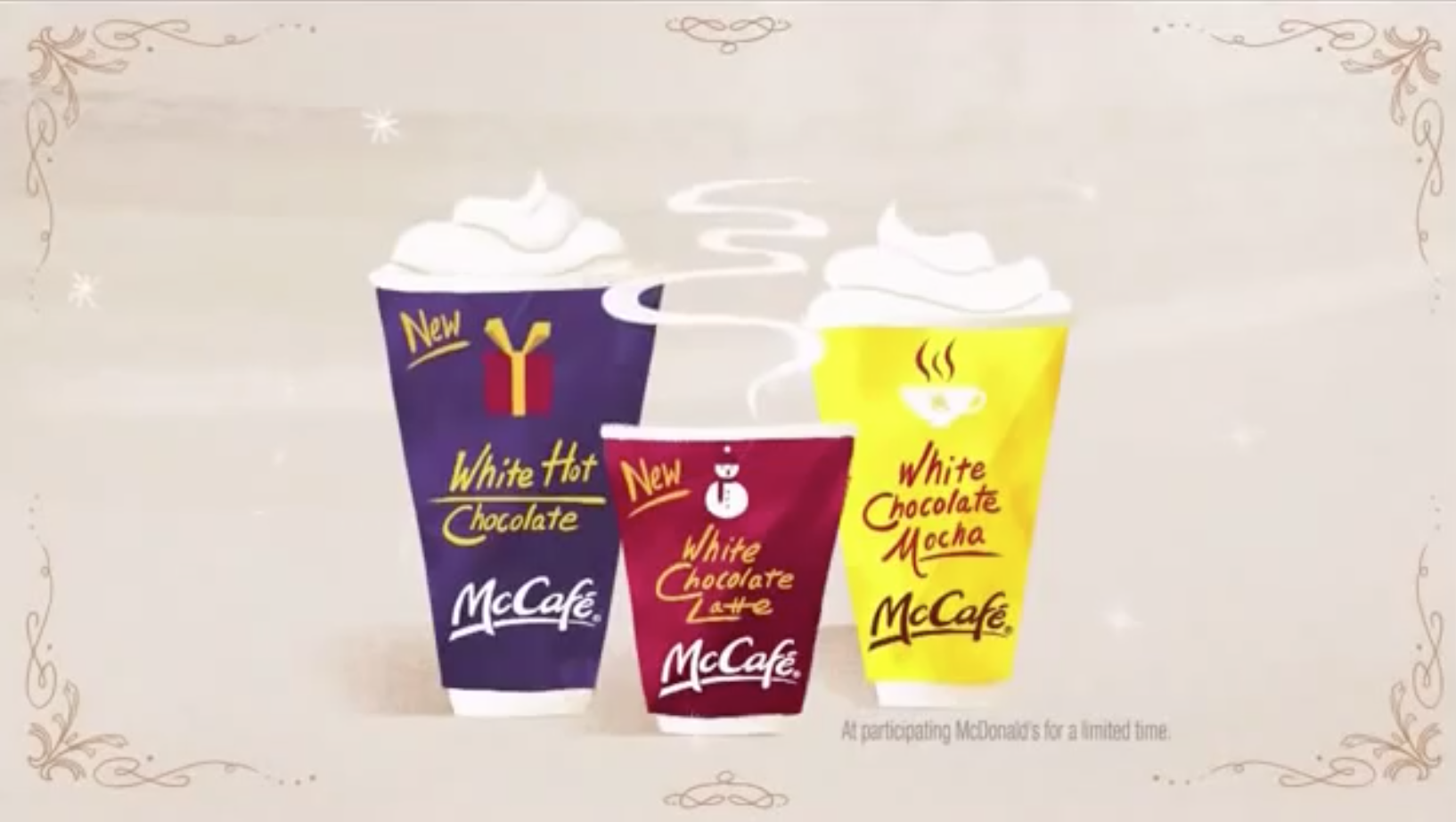
Starbucks Decaffeinated Coffees
Allegations: Falsely marketing that the company respects human rights and uses sustainable practices
Two class-action lawsuits were filed against Starbucks for allegedly falsely advertising its Doubleshot® Espresso products as having two shots of espresso when, according to plaintiffs, the drinks contain significantly less caffeine than the amount contained in two shots of espresso (i.e., 150mg of caffeine). Click on the links below to see each complaint.
For more information about other class-action lawsuits filed against Starbucks and TINA.org’s coverage of the company, click here.
Allegations: Falsely marketing that the company respects human rights and uses sustainable practices
Allegations: Beverages do not contain the fruits advertised in the product name
Allegations: Misleadingly marketing products as “100% Arabica Coffee” when they contain added potassium
Allegations: Misleadingly representing that cocoa has been harvested following ethical and environmentally responsible standards
Allegations: Misleadingly marketing bagels as “Sprouted Grain” when they are made primarily with non-sprouted grains
Allegations: Misleadingly marketing products as healthy, safe, and high quality without disclosing that they may contain harmful bacteria
Allegations: Coffee products contain fewer servings than advertised
Allegations: Falsely advertising that the flavor comes from vanilla when the ingredients list shows that the flavor comes from unspecified “Natural Flavor”
The in-store presence of Pokémon prompts TINA.org inquiry about possible marketing agreements.
How much is really in there?
Survey says: Don’t take this survey.
Consumers sour on milk after learning of additives in Starbucks coconut product.
Does McDonald’s beverage met the FDA definition of white chocolate?

